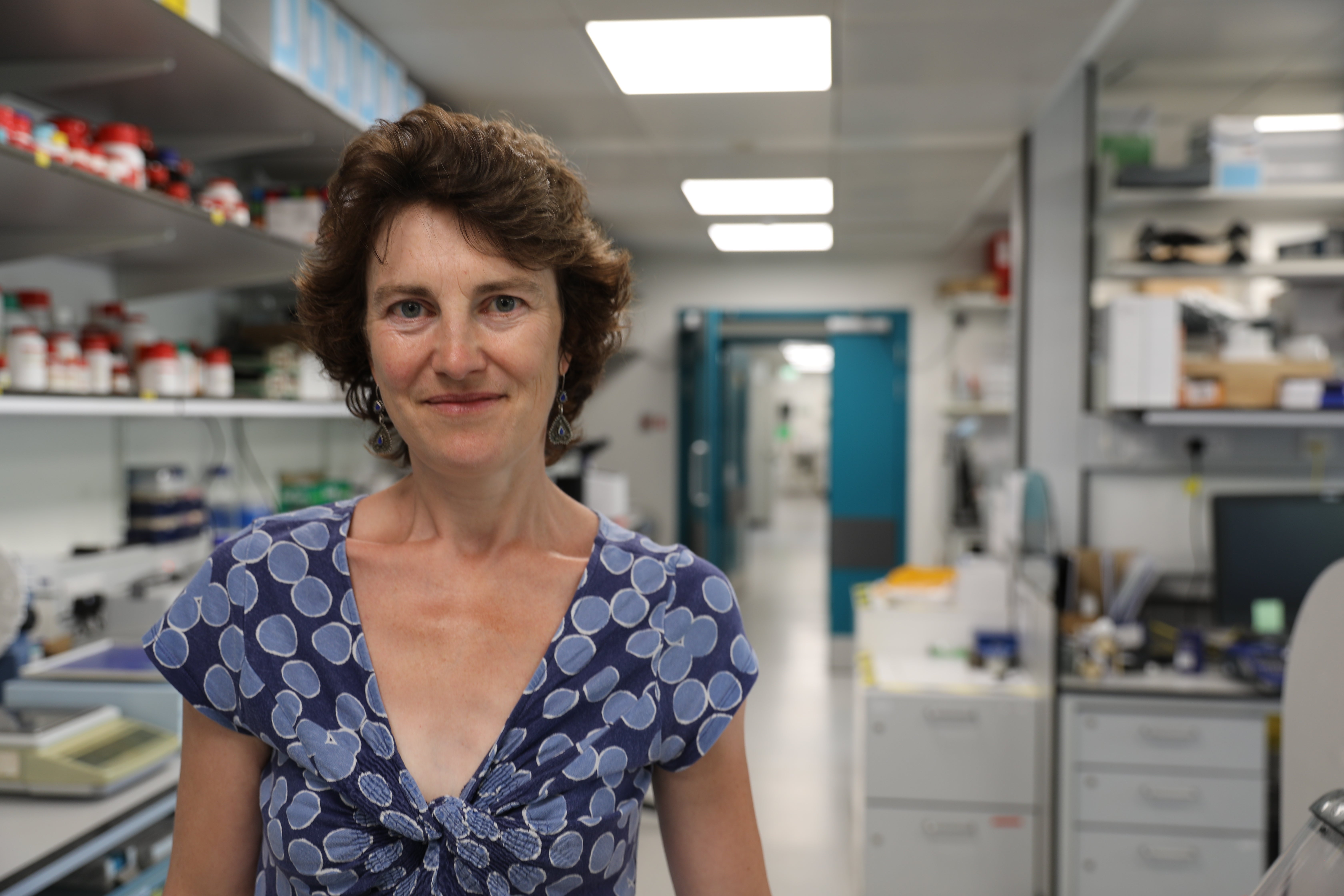UK’s first institute dedicated to early cancer research opens in Cambridge
The Early Cancer Institute (ECI) will house as many as 120 researchers who will focus on cancers that are hard to treat

Your support helps us to tell the story
From reproductive rights to climate change to Big Tech, The Independent is on the ground when the story is developing. Whether it's investigating the financials of Elon Musk's pro-Trump PAC or producing our latest documentary, 'The A Word', which shines a light on the American women fighting for reproductive rights, we know how important it is to parse out the facts from the messaging.
At such a critical moment in US history, we need reporters on the ground. Your donation allows us to keep sending journalists to speak to both sides of the story.
The Independent is trusted by Americans across the entire political spectrum. And unlike many other quality news outlets, we choose not to lock Americans out of our reporting and analysis with paywalls. We believe quality journalism should be available to everyone, paid for by those who can afford it.
Your support makes all the difference.A new institute opening at the University of Cambridge aims to conduct research that will detect cancer early enough to cure it.
The Early Cancer Institute (ECI) is the first physical institute in the UK dedicated to understanding early cancer.
It will house as many as 120 researchers who will focus on cancers that are hard to treat and therefore have very poor outcomes.
Outcomes can be completely transformed if the cancer is diagnosed early enough and we have the right treatments
These include lung, pancreas, oesophagus and liver cancers – and acute myeloid leukaemia.
Professor Rebecca Fitzgerald, the institute’s director, said: “People have tended to shy away from researching early cancer, but unless we do this work we are not going to improve survival rates for the majority of our patients, because most patients are still diagnosed late.
“Outcomes can be completely transformed if the cancer is diagnosed early enough and we have the right treatments.”
She added: “Cambridge has a rich history of making huge strides in cancer research, from developing the technology that allows us to sequence the DNA of tumours through to pioneering new approaches to treatments, such as the use of monoclonal antibodies and Parp inhibitor drugs.
“We want to build on this legacy of discovery and innovation and apply it to early cancer.”
Among the researchers will be Professor Serena Nik-Zainal, who will use whole genome sequencing to look for “fingerprints” on the DNA of tumours that give clues to how a cancer arose.
While Dr Matt Hoare will try to find out why genetic mutations in chronic liver disease significantly increase the risk of primary liver cancer.
The Institute is based in the Hutchinson Building on the Cambridge Biomedical Campus, close to partners like the Cancer Research UK Cambridge Institute, Wellcome-MRC Stem Cell Institute and newly-opened Heart and Lung Research Institute, three hospitals, and major pharmaceutical companies AstraZeneca and GSK.
According to Prof Fitzgerald, this is one of only four life sciences ecosystems in the world – and the largest in Europe – that provide the capability, critical mass, and integration of science and medicine to transform patient care.
A new hospital – the Cambridge Cancer Research Hospital, which could begin construction work late next year – is also planned for the campus.